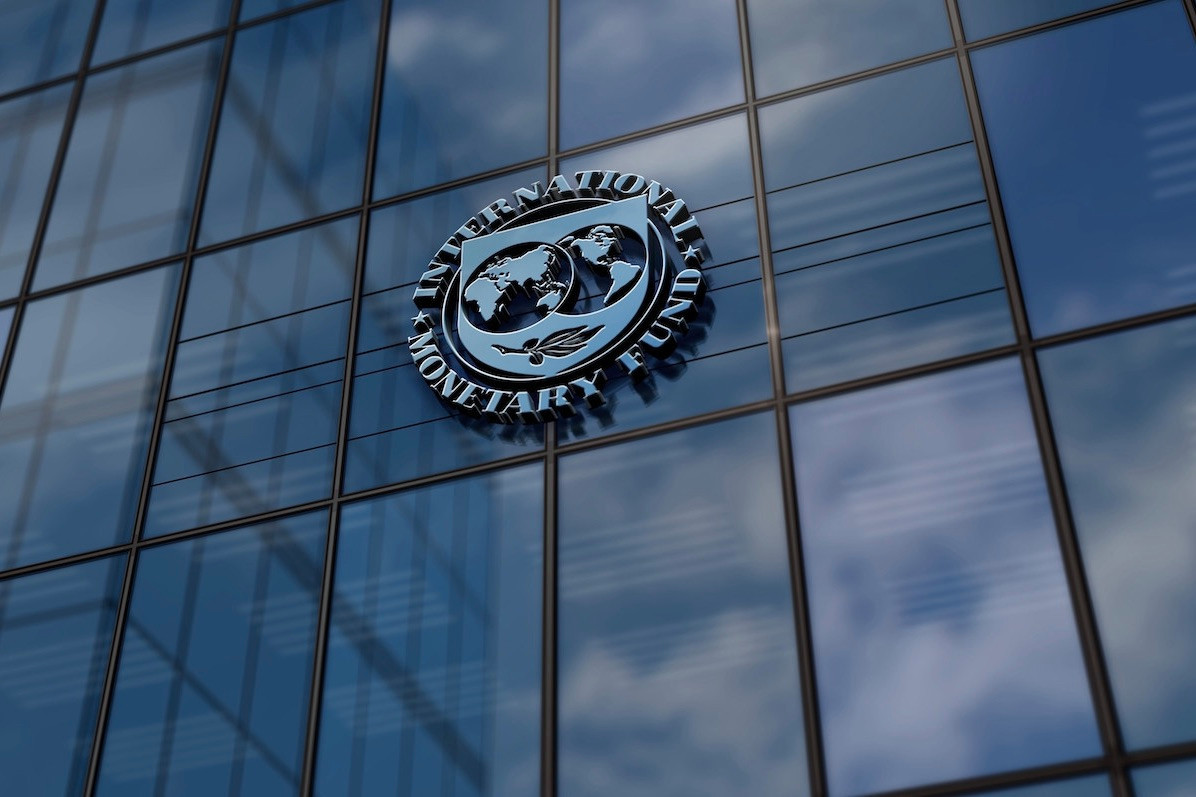At the spring meetings of the International Monetary Fund and the World Bank, IMF experts lowered their growth forecast to 2.8%. In January, the for this year. In the most pessimistic scenario, where a banking crisis spreads, global growth would be only 2.5%, “the lowest rate since the global economic downturn in 2001.” “The tentative signs at the beginning of 2023 that the global economy could make a soft landing on the back of slowing inflation and steady growth have faded, against a backdrop of stubbornly high inflation and, more recently, financial sector turmoil,” the IMF says.
Europe lags behind
Pierre-Olivier Gourinchas, the IMF's chief economist, attributes this slowdown in the recovery to inflation, which will remain high, “despite the increase in central bank rates,” at around 7% worldwide. “Global inflation will fall, albeit more slowly than initially expected, from 8.7% last year to 7% this year and 4.9% in 2024,” the chief economist said. In most countries, inflation is not expected to return to its target level until 2025. This is due to a slower than expected decline in core inflation.
The industrialised countries are expected to experience the sharpest slowdown, with growth falling from 2.7% in 2022 to 1.3% in 2023. The differences between zones remain very marked: US growth is expected to reach 1.6% while that of the euro zone is only 0.8%. This is still better than the 0.7% announced in January. Germany, the traditional economic engine of the zone and a major partner of Luxembourg, is now expected to decline slightly (-0.1%).
As for the United Kingdom, its growth will be limited to 0.4%, as in Russia.
Emerging and developing countries show better prospects, with growth rates jumping from 2.8% in the fourth quarter of 2022 to 4.5% in the fourth half of 2023.
The economic cluster bomb
However, Gourinchas expects “a gradual recovery of the economy” and estimates global growth for 2024 at 3%. While highlighting an overall trend towards a contraction in medium-term growth prospects, “five-year forecasts have gradually declined from 4.6% in 2011 to 3% in 2023.” While this contraction is not surprising, with “growth slowing as countries converge”, the economist points to other causes that worry him more: “the aftermath of the pandemic, the loss of momentum in structural reforms, and the growing threat of geo-economic fragmentation, which is exacerbating trade tensions, reducing direct investment, and curbing innovation and technology adoption within fragmented ‘blocs.’”
He warned: “A fragmented world is unlikely to ensure progress for all and enable us to address global challenges such as climate change or pandemic preparedness. We must avoid going down that road at all costs.”
It’s a path that is at the heart of the discussions at the current spring meeting.
This story was first published in French on . It has been translated and edited for Delano.
